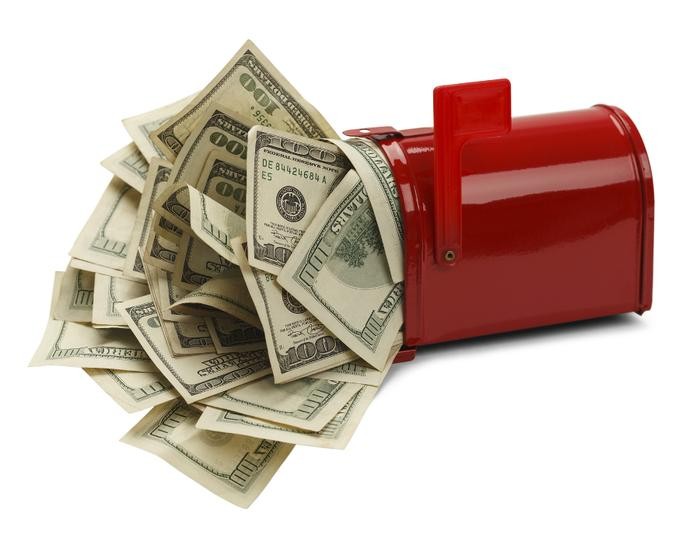Wage earner s bankruptcy doesn t kill all tax deductions
Post on: 16 Март, 2015 No Comment

About
Recently, a reader asked about how to properly file income taxes while in a Chapter 13 bankruptcy. It’s an important question because a key requirement to remain under the protections of Chapter 13 is continued compliance with required tax filings (see 11 U.S.C. 521).
Chapter 13 bankruptcy is often referred to as the wage earner’s bankruptcy because it’s targeted to individuals who are still earning income. Under Chapter 13, an individual may repay all or part of existing debts over time (generally, three years) as part of a payment plan in exchange for a stoppage in collection activities.
Filing taxes under a Chapter 13 bankruptcy repayment plan can feel complicated because you’re not making payments directly to creditors. That is, you’re not writing separate checks to the bank for your mortgage or checks to your ex-spouse for support — those things that you used to do and then deduct on your taxes. As a result, a taxpayer in a bankruptcy repayment plan might hesitate to claim those deductions come tax time. This is a mistake: writing a check to a bankruptcy trustee doesn’t change the character of the payments, just the payee. The bankruptcy trustee is required to make those payments on your behalf to your respective creditors. So, for the purposes of federal income taxes, it’s as though you’ve made the payments yourself.
In fact, if you file for bankruptcy under Chapter 13, your tax picture shouldn’t change all that much. Unless your tax professional or bankruptcy trustee advises otherwise, you should continue to file the same federal income tax returns that you filed prior to your bankruptcy petition (in most cases, a federal form 1040 or federal form 1040-EZ). As before, you’ll report all income received during the year and deduct allowable expenses on your return. Allowable expenses would include those expenses paid as part of a bankruptcy repayment plan so long as they otherwise qualify. Examples of allowable deductions would include the home mortgage interest deduction, payments for state and local taxes, real estate taxes, spousal support, medical expenses (deductible in the year paid and not the year the expenses were incurred) and student loan interest. The normal rules for claiming these expenses still apply.

If any debts are discharged inside the bankruptcy, those debts are not includible as income for tax purposes. That’s because under 108 of the Internal Revenue Code, the discharge of debt in bankruptcy is excluded from income. However, cancellation of debts outside of bankruptcy may be treated as income for federal income tax purposes. That’s why you may receive a form 1099 from a credit card company or other creditor that wrote off a portion or all of your debt that was not included in a bankruptcy petition.
Since remaining compliant for tax purposes is a requirement in a Chapter 13 bankruptcy, it’s important to resolve any tax questions quickly rather than let them flounder. Help is available. The IRS is available by phone during business hours at 1-(800)-829-1040. You can also walk in to a local Taxpayer Assistance Center. No appointment is necessary but might be a good idea during peak times. To find a center near you, visit www.irs.gov/localcontacts .
Note: The tax treatment mentioned in this article is specifically targeted to those individuals who have filed for bankruptcy under Chapter 13. An individual who files for bankruptcy under Chapter 7 or 11 may have a very different result since the bankruptcy estate is treated as a new taxable entity, separate from the individual taxpayer. Check with your tax professional for more information.














